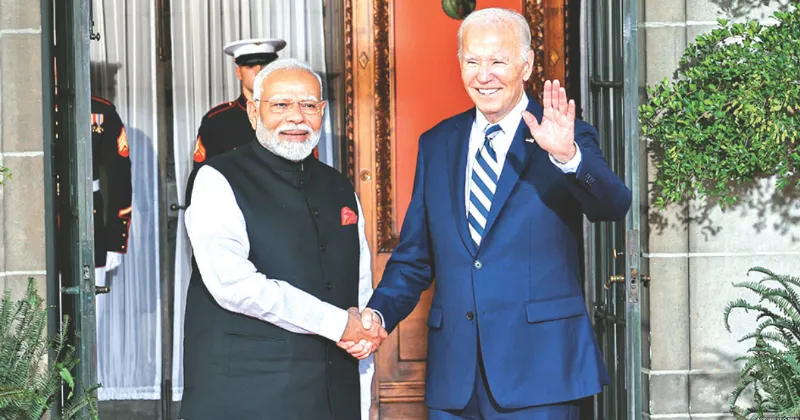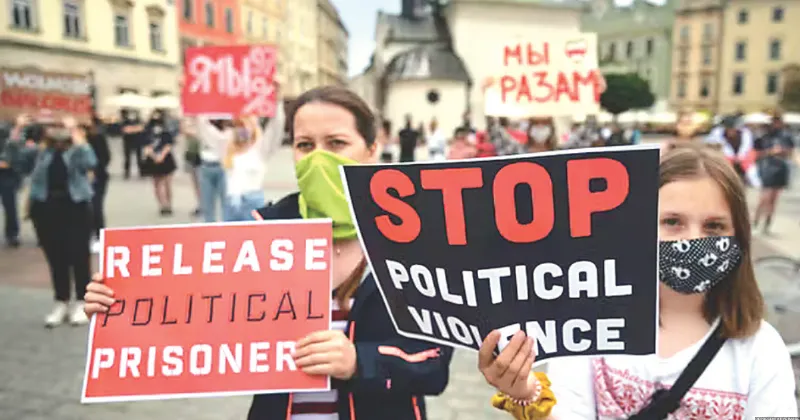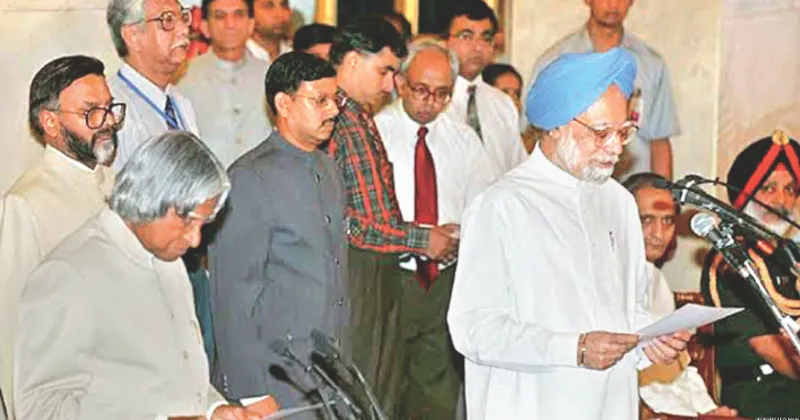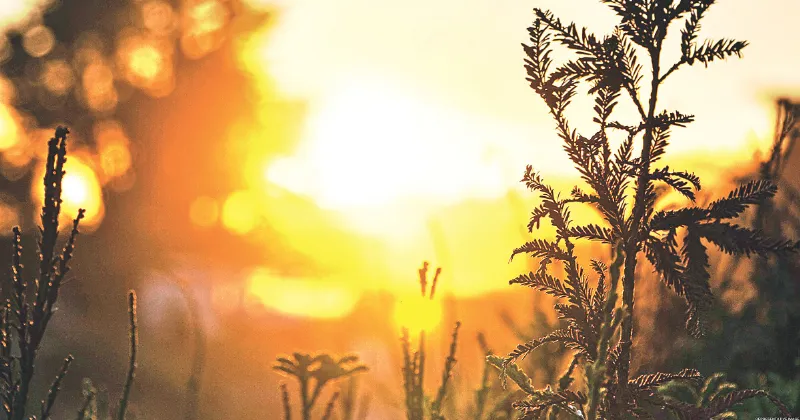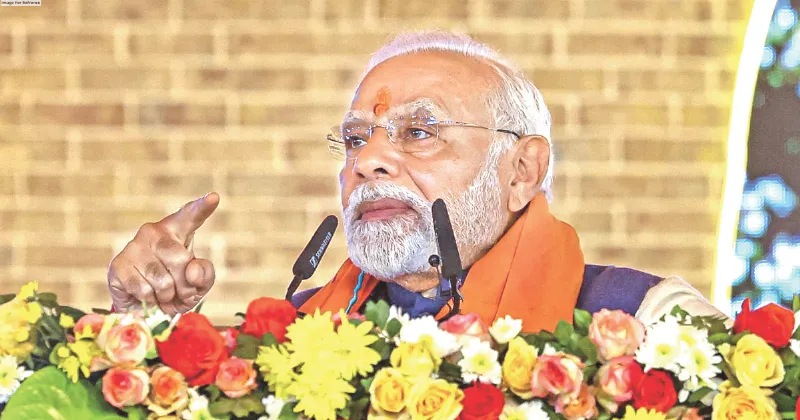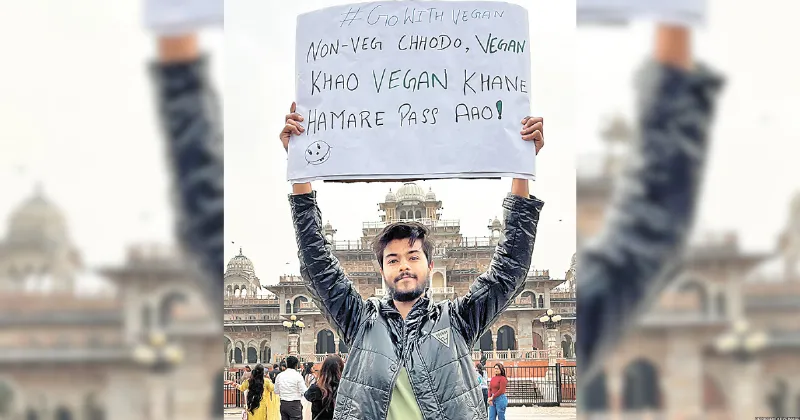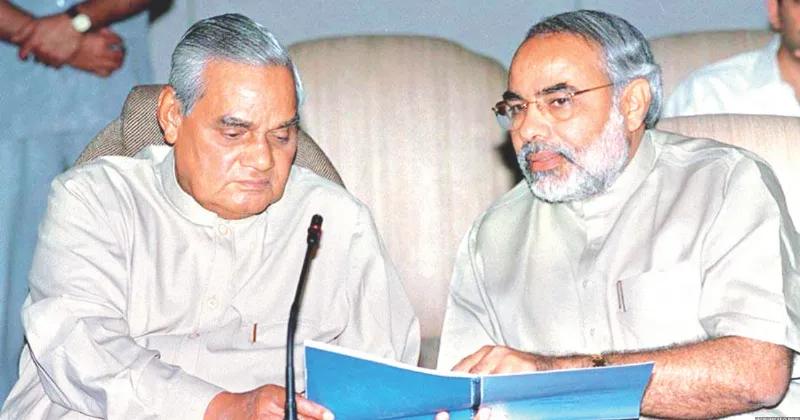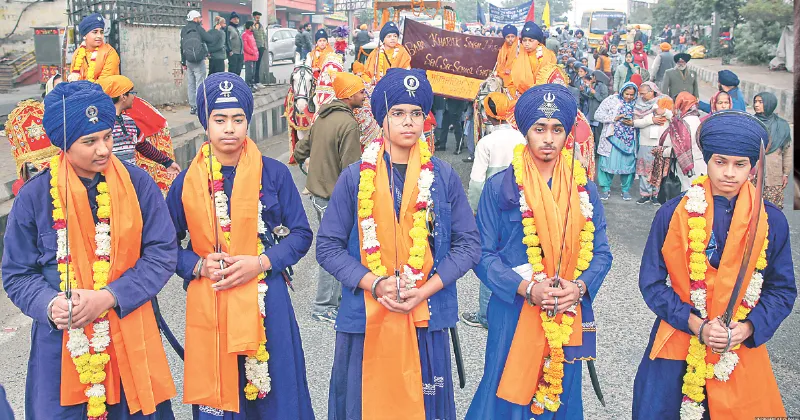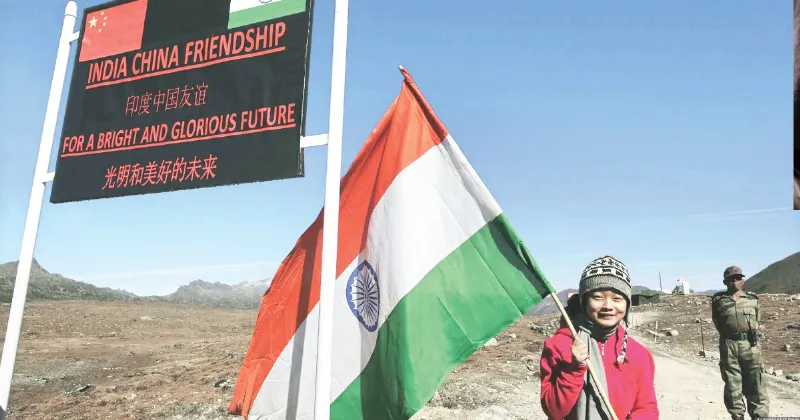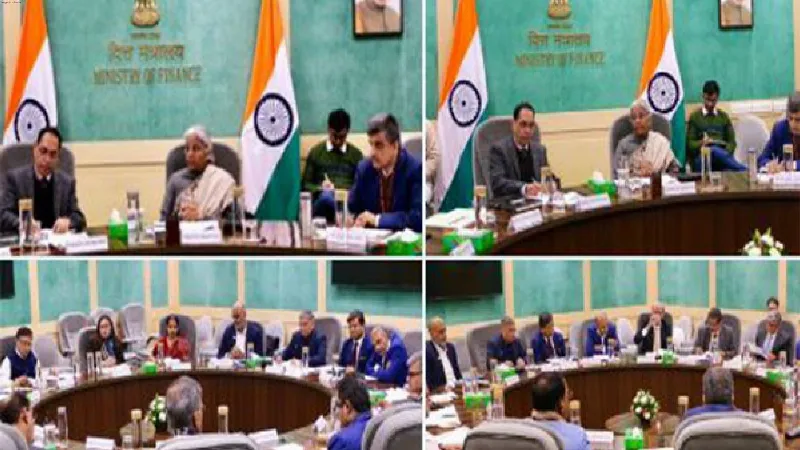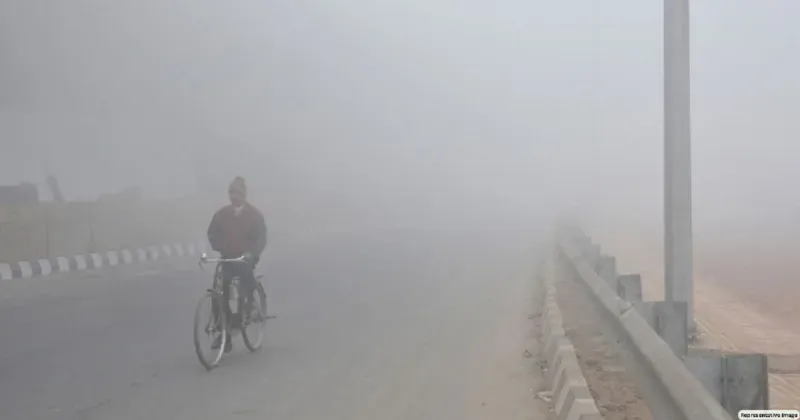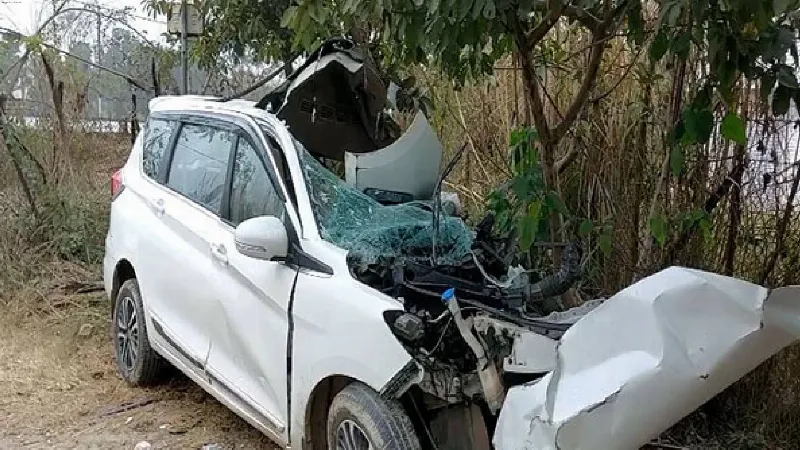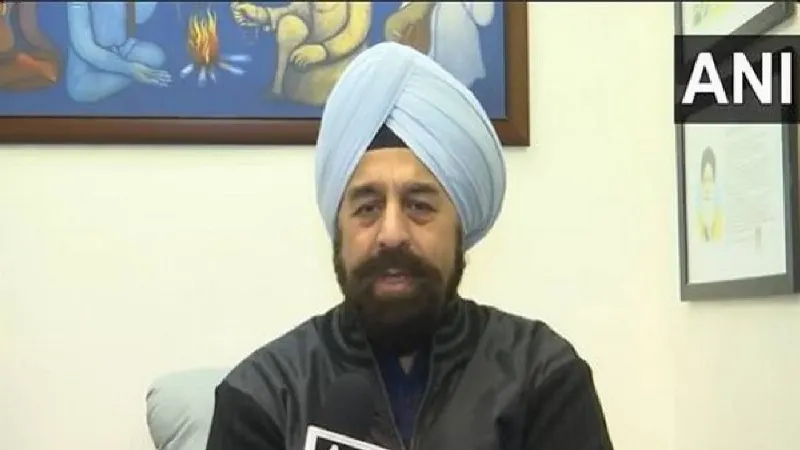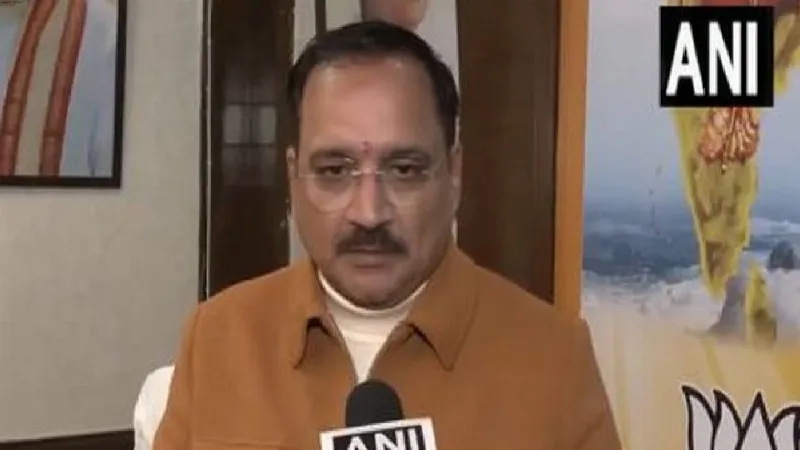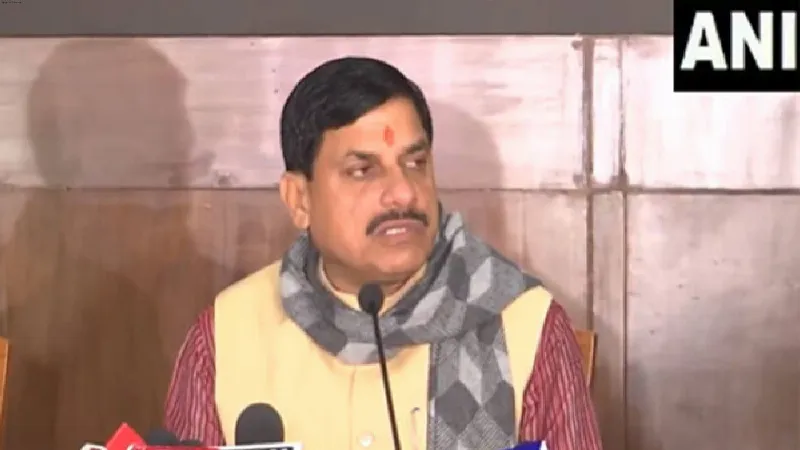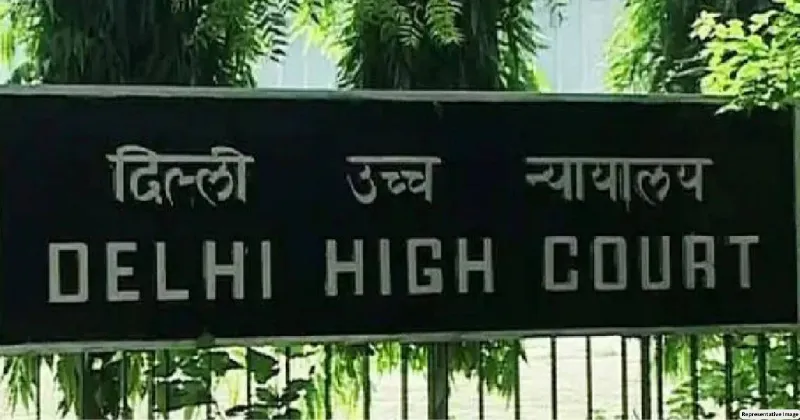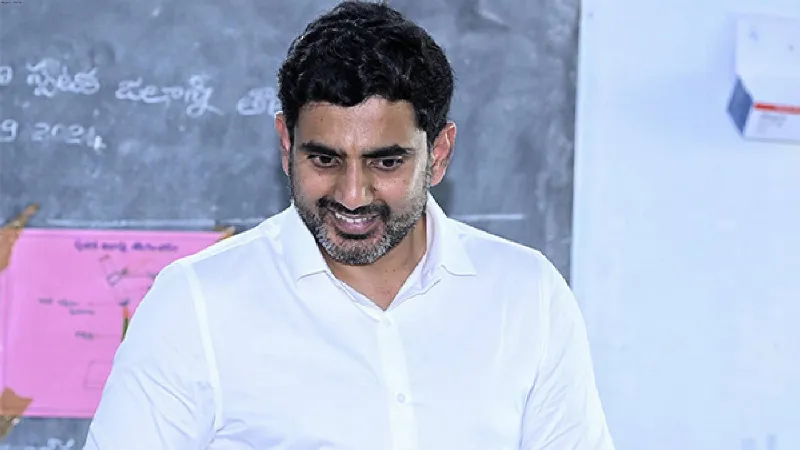PARADIPLOMACY’S ROLE IN Shaping Global Collaborations

As we move into a new Gregorian calendar, we are witnessing the rise of an even more interconnected world, with the increasing role of subnational governments in international relations. A notable example is the success of the recently held Rising Rajasthan Global Investment Summit, which saw involvement from over thirty countries. The growing prominence of paradiplomacy – the engagement of subnational governments in international relations – is gaining traction as an effective tool for promoting regional and local interests on the global stage, offering a fresh alternative to traditional foreign policy methods.
Often referred to as the “third wheel of democracy,” paradiplomacy bridges the gap between sub-national governments, international community, particularly in a world increasingly characterised by decentralisation and multi-level governance. Coined by Czech scholar Ivo Duchacek, paradiplomacy refers to subnational entities engaging in “transborder relations” without necessarily relying on or being directed by central governments. In India, this approach has become an effective foreign policy tool, with various states leveraging it to foster international ties. The 1991 economic reforms significantly accelerated paradiplomacy, supported by dynamic regional leaders, diaspora communities, and states’ efforts to attract foreign investments through investor-friendly policies and streamlined processes. Initiatives like single-window solutions have further minimised bureaucratic hurdles, enabling states to take a leading role in fostering international relations. Additionally, the central government has strengthened cooperation with state governments through initiatives like the ‘States Division’.
A prominent strategy for showcasing states as investment destinations is the organisation of Investor Summits, such as the Rising Rajasthan Global Investment Summit. This year’s summit, held from December 9-11, exemplified Rajasthan’s growing prowess in leveraging paradiplomacy. Over thirty countries participated, many of whom were facilitated by organisations like CUTS International, a global public policy think tank headquartered in Jaipur. Countries such as France, Japan, Germany, Russia, South Korea, and the United States have long engaged with Indian states on multiple projects. Now, more nations are adopting this approach.
Rajasthan’s diplomatic renaissance, rooted in its historical and cultural significance, is reshaping global strategies through innovative local initiatives. The state has successfully harnessed its legacy of diplomatic relations, dating back to the Rajput era, to build alliances aligned with its developmental priorities. Today, Rajasthan focuses on trade, tourism, green energy, and cultural exchange, positioning itself as a key player in India’s subnational diplomacy.
Paradiplomacy at work
Striking examples of Rajasthan’s paradiplomacy include collaborations with Japan, Israel, and Germany in renewable energy, water management, and rural development. Notably, the partnership with Japan has resulted in transformative projects like the Rajasthan Water Sector Livelihood Improvement Project and the Rajasthan Forestry and Biodiversity Project. The Solar Mamas initiative in Tilonia, near Ajmer, illustrates the far-reaching impact of paradiplomacy.
This programme trains rural women as solar engineers, bringing clean energy to over 1,200 villages across continents. The 2024 summit highlighted Rajasthan’s efforts to attract investment, particularly from nations with Free Trade Agreements (FTAs) or ongoing negotiations with India. Key takeaways included enhanced cooperation in tourism, education, solar and wind energy, and sustainable infrastructure. For instance, Rajasthan’s tourism sector has benefited from international collaborations, such as the Centre for Excellence for Tourism inaugurated in 2016 by Singapore’s Prime Minister Lee Hsien Loong at Udaipur’s Sukhadia University
Future Horizons: Strengthening Global Partnerships through Paradiplomacy
Rajasthan’s paradiplomatic efforts have been bolstered by high-profile visits from international dignitaries, including French President Emmanuel Macron. Such engagements pave the way for future collaborations in areas like higher education, cultural exchange, technology transfer, and joint research initiatives. Looking ahead, Rajasthan is poised to deepen its paradiplomatic outreach, leveraging its cultural heritage, geographical advantages, entrepreneurial mindset, and sectoral expertise. Potential areas for cooperation include:
• Healthcare and Medical Tourism: Partnering with global healthcare providers to create medical hubs and training centres.
• Agricultural Innovation: Collaborating on sustainable farming practices and advanced irrigation technologies.
• Renewable Energy Expansion: Strengthening efforts in wind energy and hybrid renewable systems.
• Creative Industries: Promoting arts, crafts, and film industries through global partnerships.
• Higher Education and Skill Development: Establishing joint initiatives with international universities.
• Global Capability Centres (GCCs): Boosting knowledge and technology-driven industries.
• Aerospace and Defence Manufacturing: Advancing capabilities through international collaborations.
Paradiplomacy is no longer merely an alternative to traditional diplomacy; it is a critical component of a decentralised, interconnected global order. As Rajasthan’s success demonstrates, subnational govts are increasingly indispensable in shaping the future of global diplomacy.
THE VIEWS EXPRESSED BY THE AUTHOR ARE PERSONAL
Purushendra Singh, The writer works at CUTS International
Dhairya Bharti, The writer works at CUTS International
Tridivesh Singh, The writer is an Assistant Professor at The Jindal School of International Affairs, OP Jindal Global University



